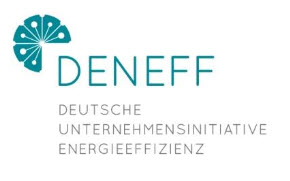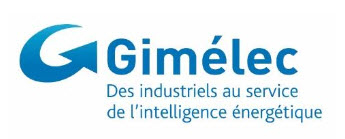French and German companies call for an ambitious revision of EU energy efficiency legislation
BRUSSELS – Senior business representatives from leading French and German companies gathered today to discuss their strategic priorities in the upcoming Energy Efficiency package that the European Commission is expected to present on 30 November. The proposal will include the revision of both the Energy Efficiency Directive (EED) and Energy Performance of Buildings Directive (EPBD), two key pieces of legislation on energy efficiency.
Business representatives stressed that a new regulatory framework is needed to incentivise the market uptake of successful business models for energy efficiency. European policy-makers should not miss the opportunity to consider energy efficiency as a strategic investment to drive EU competitiveness, productivity and create local jobs.
Dr Fatih Birol, IEA Executive Director, opened the Franco-German High-Level Conference hosted in Le Hive, Schneider Electric’s global headquarters, and stated: “Energy efficiency is of huge strategic importance in Europe, and close engagement between business and policy makers is essential. The IEA is working globally to support progress on energy efficiency and deliver its social, economic and environmental benefits”.


